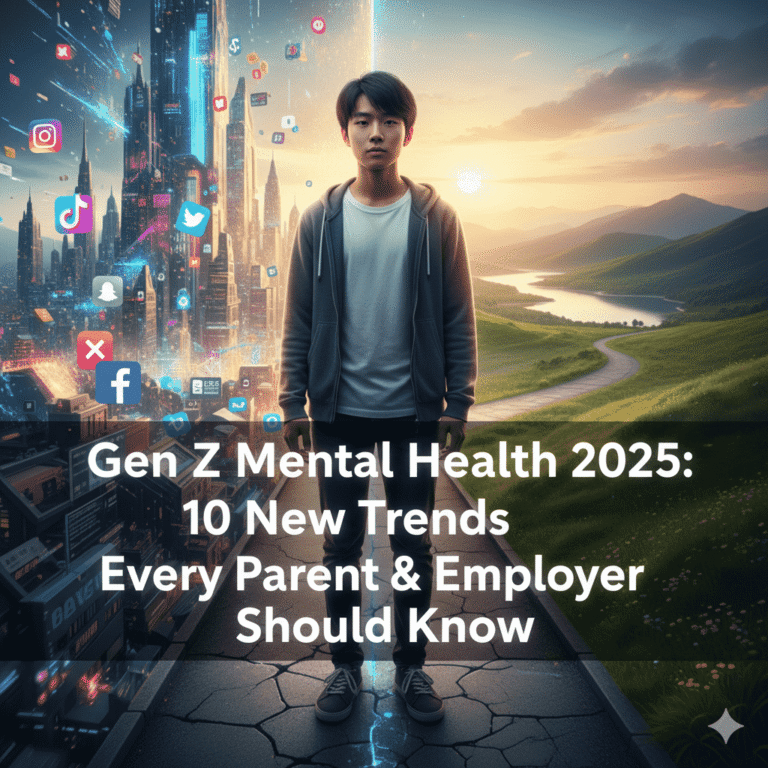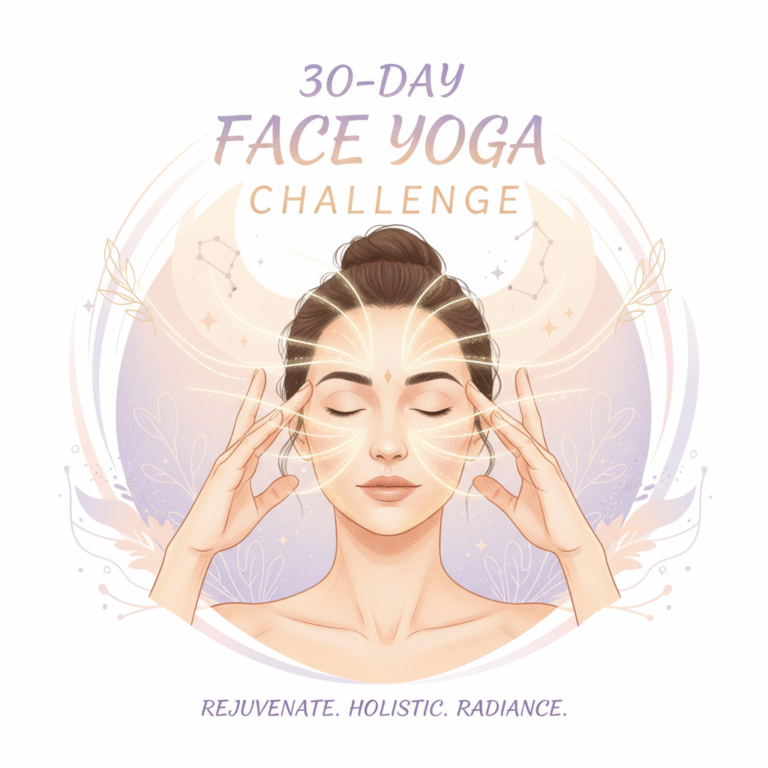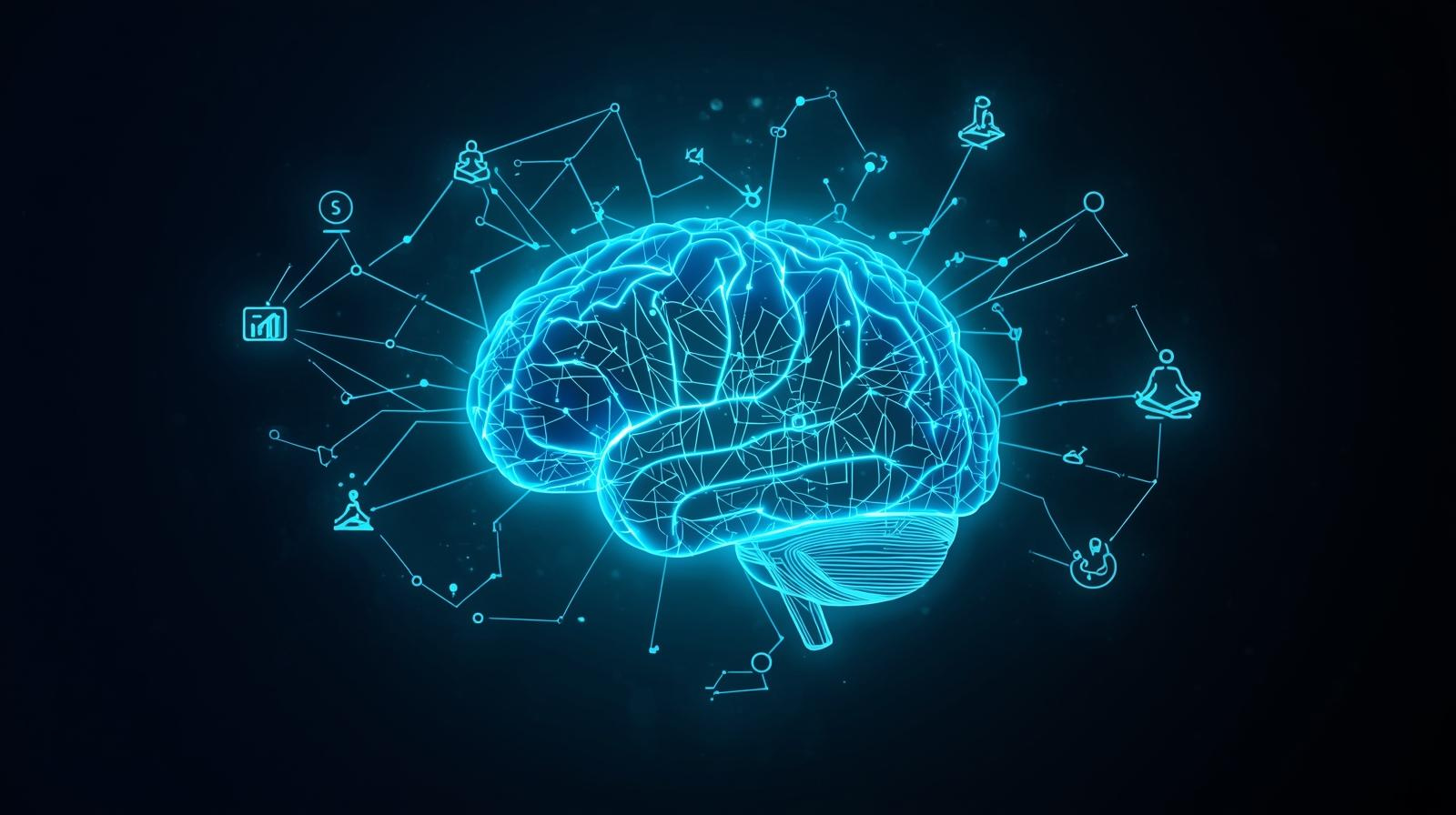
In 2025, mental health is no longer a background conversation. What was once spoken about in hushed tones has become a mainstream topic across homes, schools, workplaces, and even gyms. People are searching online not only for answers to what is mental health? but also for related and practical questions such as “How does fitness improve mental health?”, “Where can I find therapy near me?”, and “What’s the difference between emotional and mental health?”.
This shift shows how awareness has evolved. Mental health is no longer seen just as a reaction to disorders like anxiety or depression; it is increasingly linked to preventive care, lifestyle balance, and holistic well-being. Google Trends data also confirms this change: searches for mental health screenings have skyrocketed, while queries about therapy jobs, emotional health, and fitness for the mind are becoming more popular every day.
Simply put — 2025 is the year where mental health = mind + emotions + lifestyle + community support.
🧠 What Mental Health Means in 2025
Traditionally, mental health was defined around conditions like depression, bipolar disorder, or anxiety. But the definition in 2025 has expanded to cover much more. Now, it includes:
- Preventive care through regular screenings
- Emotional health alongside clinical mental health
- Digital tools like therapy apps, wearables, and AI chatbots
- Community-driven peer support networks
- Fitness and lifestyle integration
This means that mental health today is not about fixing something once it breaks; it’s about building resilience and balance in everyday life. Just like annual physical checkups, mental health screenings are becoming a normal part of routine care.
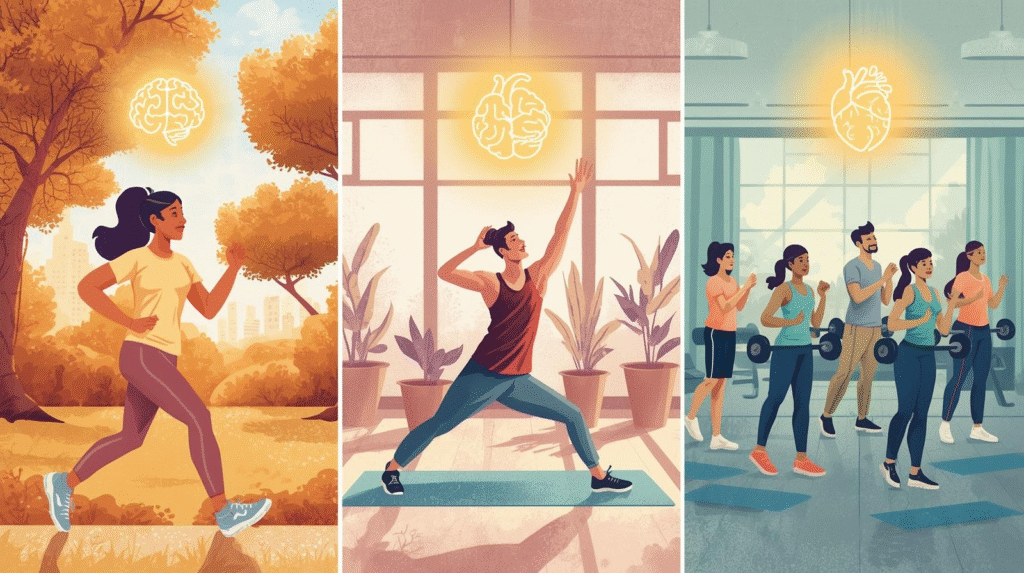
🏥 Preventive Screenings: The New Normal
Mental health screenings are no longer limited to hospitals. In many parts of the U.S. and Europe, schools, colleges, and even workplaces are including them in wellness programs. These screenings allow early detection of stress, anxiety, or depression before they turn into major crises.
For example, Illinois has seen a +3500% rise in online searches for mental health screenings, highlighting how proactive people have become. Workplaces now treat mental well-being just like physical fitness, with confidential assessments, stress management workshops, and on-site counseling sessions.
This proactive approach is saving lives. Instead of waiting until burnout or breakdown, people are choosing early care.
👩🎓 Youth Mental Health & Suicide Prevention
One of the most important conversations in 2025 is around adolescent and youth mental health. Teenagers today face pressures unlike any generation before — social media comparisons, academic stress, and career uncertainties. Surveys indicate rising risks of stress and suicide among young people, pushing parents, schools, and governments to act.
Instead of responding after a crisis, the focus has shifted to prevention and awareness. Schools now invest in:
- Peer support groups
- On-campus counselors
- Safe, protective environments that prioritize mental safety
This change is not just about reducing numbers but about creating a culture where young people can openly discuss their struggles. Campaigns on platforms like TikTok, YouTube, and Instagram have made it easier for teens to connect with mental health professionals and resources.
💬 Emotional Health vs Mental Health
One of the most searched questions in 2025 is: “What is the difference between emotional health and mental health?” While they are deeply connected, they are not the same.
| Aspect | Mental Health | Emotional Health |
|---|---|---|
| Definition | Broader: Covers disorders, resilience, and psychological well-being | Narrower: Deals with handling specific emotions like joy, anger, sadness |
| Focus | Stress management, thought patterns, disorders | Emotional intelligence, self-expression |
| Where it’s trending | Therapy, clinical discussions | Lifestyle, self-help, mindfulness practices |
| Example | Anxiety, depression, burnout | Handling grief, expressing happiness, managing frustration |
This distinction matters because people now realize that mental health is the bigger umbrella, while emotional health is an important part of daily balance.
🏋️ Fitness & Mental Health Connection
The relationship between the body and the mind has become clearer than ever. In 2025, gyms, yoga studios, and wellness centers don’t just advertise physical transformation — they promote mind-body packages that include mindfulness, meditation, and even therapy sessions.
Scientific studies confirm that regular exercise:
- Reduces stress and anxiety
- Releases endorphins (the body’s natural “happy hormones”)
- Improves sleep quality
- Boosts confidence and emotional resilience
A 30-minute run or a yoga session can be as powerful as meditation for stress relief. The idea that “a healthy body supports a healthy mind” has become mainstream.
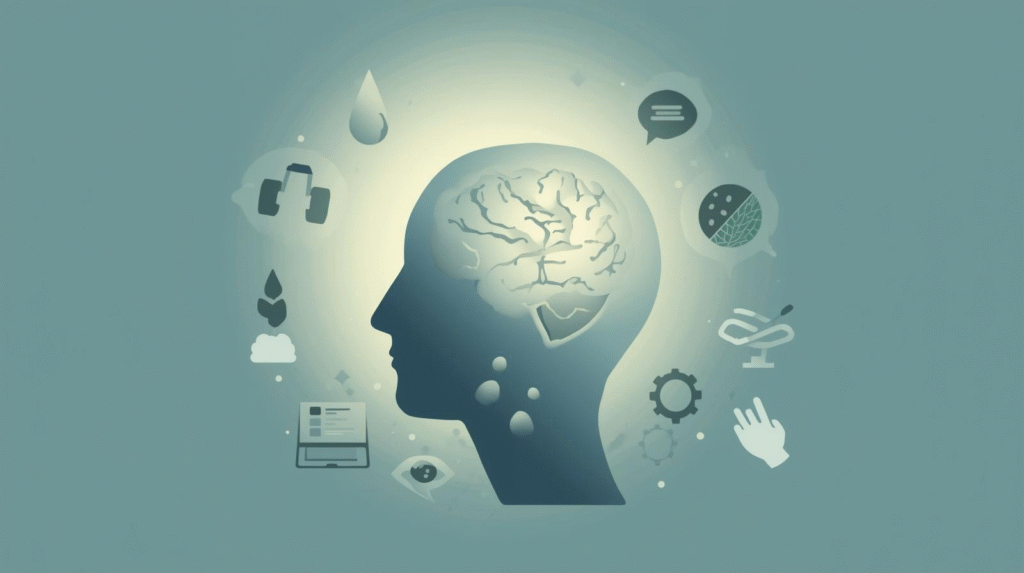
📱 Digital Mental Health Tools in 2025
The rise of technology has also changed how we approach therapy. With AI chatbots, meditation apps, and wearables that track stress, mental health support is now more accessible than ever.
- Therapy apps make it possible to connect with professionals anytime, anywhere.
- Meditation and CBT apps are integrated into daily routines.
- Wearables now monitor stress levels by tracking heart rate and sleep.
- Digital communities provide anonymous, safe spaces for peer support.
These tools are especially important in regions where traditional therapy is expensive or unavailable. Technology is making care borderless.
📊 Benefits of Growing Mental Health Awareness
As society becomes more open about mental health, the benefits are clear.
| Benefit | Impact on Society |
|---|---|
| Early screenings | Problems detected before they become severe |
| Workplace wellness programs | Higher productivity, reduced burnout |
| Reduced stigma | People openly seek therapy |
| Community support groups | Stronger emotional backup |
| Fitness + mental care integration | Holistic improvement in quality of life |
🌱 Best Practices for 2025
Taking care of your mental health doesn’t need to be complicated. Instead of a long checklist, experts now emphasize simple, consistent habits:
- Regular screenings to stay ahead of potential issues
- At least 30 minutes of daily physical activity
- Prioritizing sleep and balanced nutrition
- Short daily practices like journaling or meditation
- Joining community or peer groups for support
- Taking occasional digital detoxes to reset the mind
When followed consistently, these practices act as preventive care — keeping both the mind and emotions balanced.
📌 Quick Facts Snapshot 2025
| Quick Fact | Insight |
|---|---|
| States leading in mental health searches | Minnesota, Kansas, Vermont |
| Fastest rising query | “Mental health screenings” |
| Fitness + mental health | 50% rise in related searches |
| Therapy demand | “Therapy near me” & “mental health jobs” are trending |
| Global question | “What is mental health?” still remains the most searched |
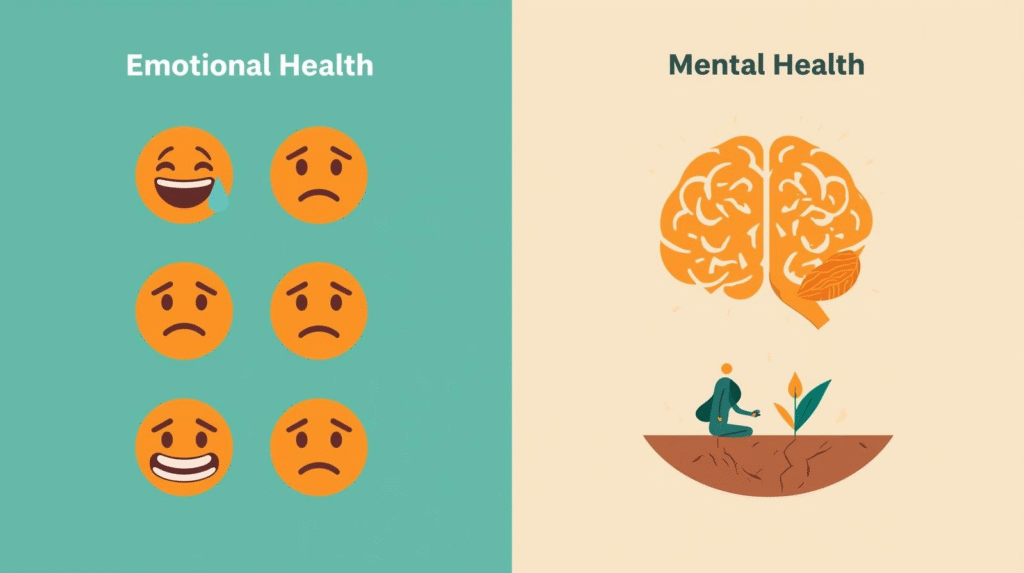
✅ Conclusion
Mental health in 2025 has moved beyond stigma into daily conversations. With preventive screenings, youth awareness programs, fitness integration, and digital tools, the focus has shifted from reacting to preventing.
The message is clear: just like we care for our physical health, caring for our mental health is not optional anymore — it’s essential. And with the right mix of screenings, support, and lifestyle practices, society is moving toward a healthier, more balanced future.

